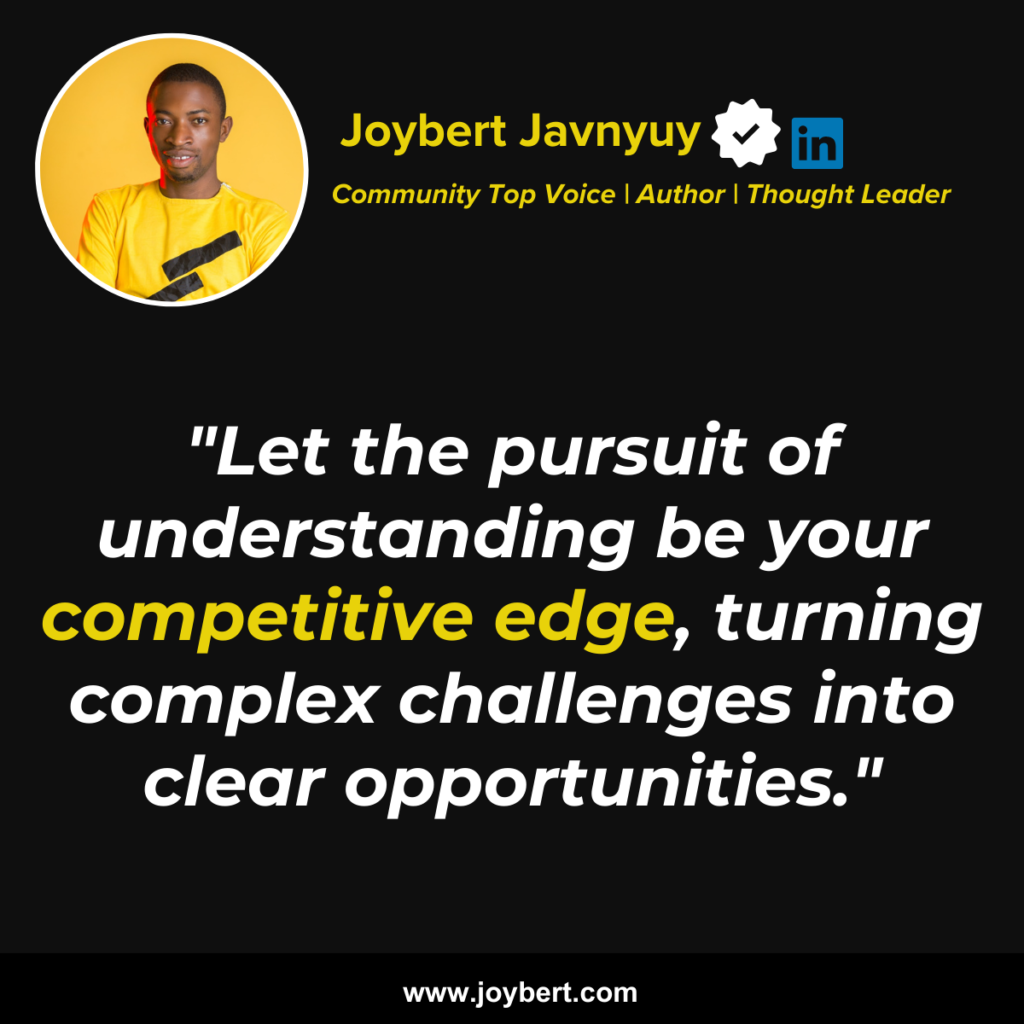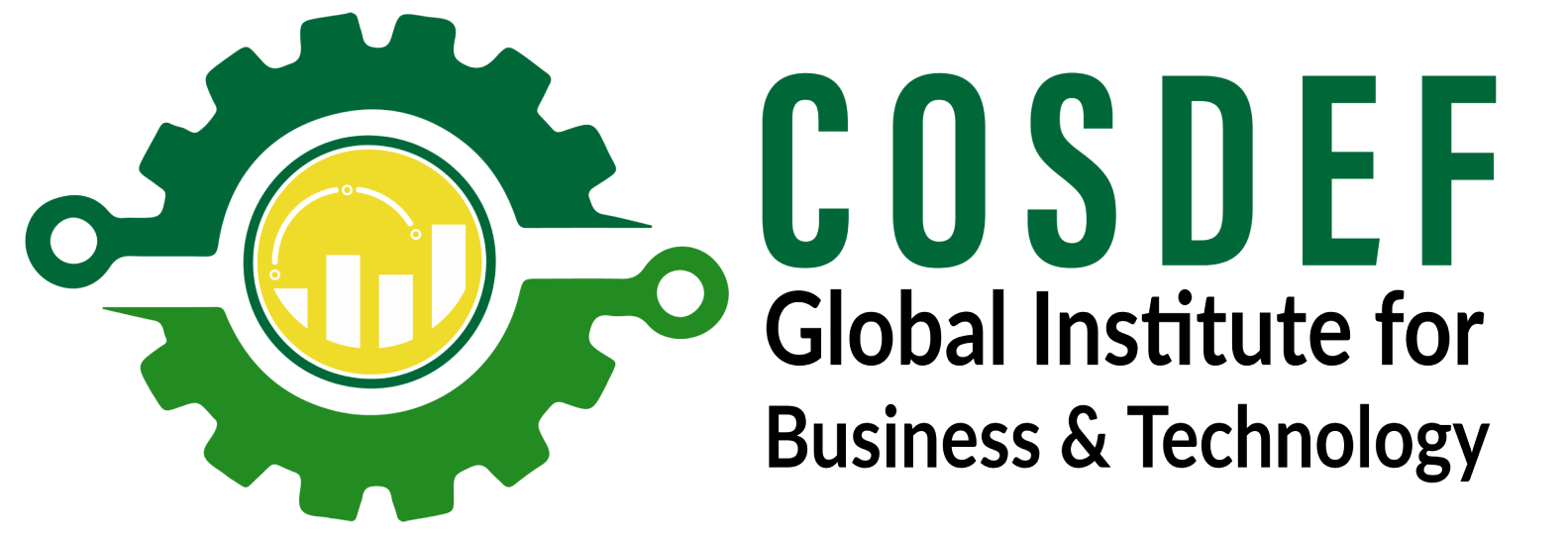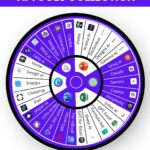While on a coaching call with a lady, I asked her an unexpected question: “Did you regulate the thermostat in your house today to achieve the desired temperature?”
You see, in the journey towards achieving and sustaining success, this factor plays a pivotal role, akin to the functionality of a thermostat in regulating temperature.
Just as a thermostat maintains an environment’s temperature at a set point, effectively managing our emotional responses keeps us in a balanced state, conducive to achieving our goals and maintaining personal well-being.
Success, both in personal endeavors and professional pursuits, is significantly influenced by our emotional drive. This drive propels us forward, fueling our passion, perseverance, and resilience in the face of challenges. However, without the regulating mechanism of high emotional intelligence, this drive can lead us astray, turning potential victories into sources of stress and conflict.

The concept of an “emotional thermostat” metaphorically represents our ability to regulate our emotions. Just as a thermostat detects fluctuations in temperature and adjusts to maintain a set point, we must learn to recognize our emotional responses and adjust them to maintain emotional equilibrium. This regulation is crucial for leaders, professionals, entrepreneurs, and executives, whose decisions and behaviors have far-reaching impacts on their organizations and teams.
The Thermostat Analogy:
The relationship between regulating a thermostat and regulating our emotions lies in the principle of homeostasis—the ability to maintain a stable, balanced state despite external changes. In regulating a thermostat, we set a desired temperature and rely on the system to adjust heating or cooling to maintain that temperature. Similarly, regulating our emotions requires setting a “desired emotional state” and consciously adjusting our responses to maintain this state.
When you activate your emotional thermostat the following will happen:
- Refuse to let anger control your reactions in any situation.
- Avoid speaking impulsively when anger tries to take hold.
- Resist the urge to act recklessly on social media due to emotional turmoil.
- Decline to respond to provocations with anger.
- Choose not to let your emotions dictate your words and actions.
- Reject the temptation to make decisions based on fleeting emotions.
- Refrain from expressing anger without thought or consideration.
- Deny the impulse to lash out in frustration or anger.
- Commit to maintaining composure in emotionally charged situations.
- Decide against allowing temporary emotions to influence long-term relationships.
Effective emotional regulation involves:
Awareness: Recognizing our current emotional state and understanding its impact on our thoughts and actions.
Understanding: Identifying the triggers that cause emotional shifts and understanding why a particular emotion has surfaced.
Choice: Deciding how to respond to our emotions in a way that aligns with our values and goals.

Action: Taking proactive steps to manage our emotions and return to our desired emotional state, just as a thermostat activates heating or cooling to return to the set temperature.
Emotional intelligence involves the ability to understand, use, and manage our emotions in positive ways to relieve stress, communicate effectively, empathize with others, overcome challenges, and defuse conflict. High EI provides us with the tools necessary to navigate the complexities of the workplace, build stronger relationships, and achieve our professional and personal goals.
To sign off, building and maintaining an effective emotional thermostat is essential for anyone aiming for sustained success and significance.
By developing our emotional intelligence, we empower ourselves to navigate life’s ups and downs with grace, make informed decisions, and lead with empathy and understanding.
Blessings
Dr. Joybert Javnyuy










